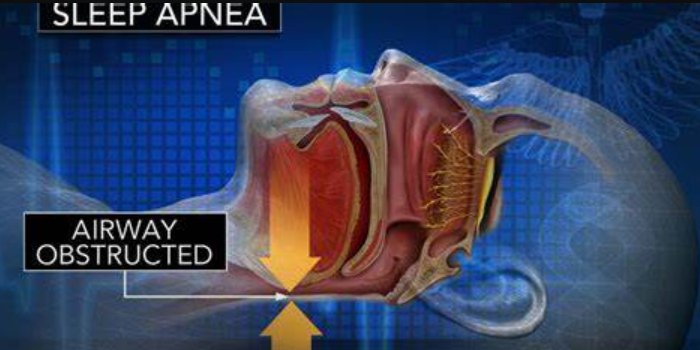

Continuous positive airway pressure (CPAP) is a system that employs gentle air pressure to keep your breathing airways open while you nap. Your doctor may recommend a CPAP mask to treat sleep-related breathing disorders such as sleep apnea. This device is one of the most common sleep apnea treatment options. CPAP therapy may also be used to treat premature newborns with undeveloped lungs.
A CPAP machine has the following components:
CPAP masks are available in seven different styles. When treating sleep breathing interruptions with a CPAP machine, doctors typically use one of three CPAP devices listed below:
Full-face CPAP masks seal around your nose and mouth with triangle-shaped cushions and are held in place by four-point headgear. These masks are ideal for persons who prefer to breathe through their mouth rather than using a nasal-based mask with a chin strap.
Some of the most prevalent causes for requiring a full face mask are:
A nasal CPAP mask is worn on the bridge of the nose, typically covering the entire nose or the bottom half. Four-point headgear that attaches to the frame is typically used to keep the device in place. Irritation causing discomfort can arise on the bridge of the ear where the right mask sits.
Nasal masks are quite popular among obstructive sleep apnea patients because of their simple design, yet unintentional mouth breathing can cause a CPAP users dry mouth and dry throat for some people. This can be readily avoided by employing a chin strap to keep the mouth closed when sleeping, but other people prefer a complete face mask instead.
Nasal cushion CPAP masks form a good seal at the base of the nostril, where the cushion is positioned. This is the least invasive type of CPAP mask, with a wide field of vision that is perfect for reading or watching TV. The nasal pillows are a wonderful alternative for men who have facial hair. Because of the comfortable fit and minimalistic design, nasal pillow mask users often have greater levels of compliance than other CPAP machines.
There are occasions, however, when the nasal cushion type of CPAP machine might not be the ideal solution. For example, if your prescription requires a higher pressure setting, or if you have nasal allergies or a persistent nasal obstruction, the Nasal pillow CPAP mask types are probably not the best sort of CPAP machines for you.
You should use your CPAP machine whenever you sleep at home, travel, or take naps to improve your sleep quality. Getting comfortable with your CPAP mask can take some time and patience. Your healthcare professional will work with you to determine the most comfortable mask for you.
Your healthcare provider or professional may also be able to assist you in using the humidifier chamber in your machine or adjusting your pressure settings. You might also want to use a machine with numerous or auto-adjusting pressure settings.
To ensure that sleep apnea/ central sleep apnea treatment continues to function, you must clean your mask and tube every day and renew your medical device prescription at the appropriate time to change the mask.
Congestion, runny nose, dry mouth, and nosebleeds are all possible side effects of CPAP therapy.
Certain masks might irritate the skin. This is one of the common CPAP mask problems. A sleep specialist can assist you in resolving these symptoms and adjusting to using a CPAP machine. If you feel stomach discomfort or bloating while using your CPAP machine, you should immediately discontinue use and contact your sleep doctor or switch to a different CPAP treatment.
The mask's role is to form an airtight seal of pressurized air, keeping the air pressure constant as it goes down the airway. The proper CPAP mask for you will achieve this without being overly tight, producing sores on your face, or requiring regular adjusting.
There are two points that you need to consider before finalising your mask. First is the style: Full Face Mask, Nasal Face Mask and Nasal Pillow Mask; then you also need to pay attention to the right material for the mask. A CPAP mask type with poor material quality will perish fast and can also cause skin irritation or red marks. Thus, always consult a sleep doctor first before purchasing a particular CPAP mask type for your sleep apnea. If needed, try a few different types of masks for better sealing around the nostril area, which most masks lack, leading to air leaks
Leave a comment